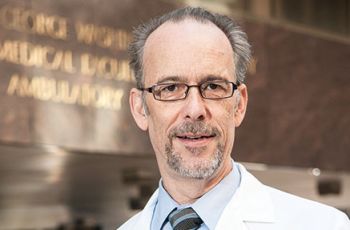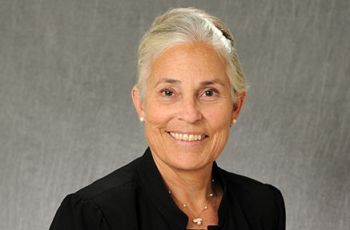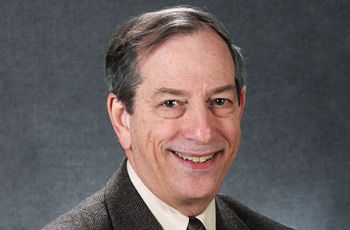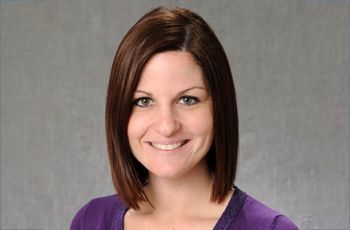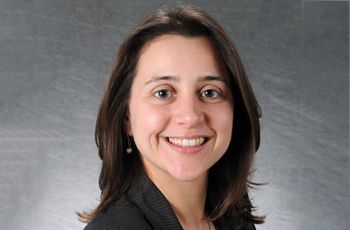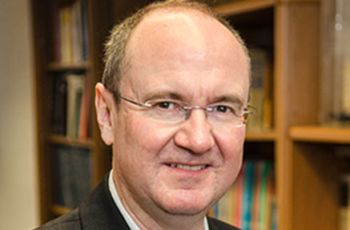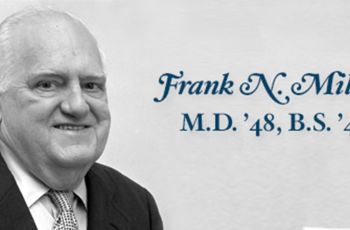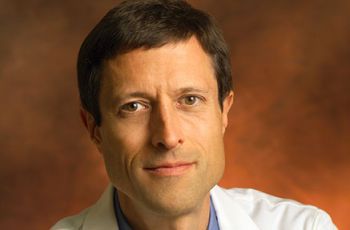News Archive
Lawrence “Bopper” Deyton, M.D., clinical professor of medicine, co-authored a commentary published in the Lancet, titled "Understanding the Tobacco Control Act: Efforts by the US Food and Drug Administration to Make Tobacco-related Morbidity and Mortality Part of the USA’s Past, not Its Future…
David Hyun, M.D., assistant professor of pediatrics, was interviewed by WTOP-FM about mumps outbreaks at area college campuses.
Patience White, M.D., professor of medicine and pediatrics, was interviewed by Arthritis Today on research findings suggesting that adult patients with arthritis need to start walking more.
WTOP-FM featured the GW Cancer Institute's survivorship program, reporting that some money from the Susan G. Komen Race for the Cure will help fund this intitiative.
Richard Katz, M.D., Bloedorn Professor of Cardiology, was interviewed for a story in Baylor Innovations about his work in the field of mobile health, also known as mhealth.
The GW School of Medicine and Health Sciences is pleased to announce a new neurologic physical therapy residency pilot program. The pilot program will begin in August 2013.
New research out of the GW Cancer Institute focuses on the difficulties of transitioning to adulthood while dealing with the long-term and late effects of cancer and its treatment. The study was recently published in the Journal of Oncology Navigation and Survivorship, titled “Improving Cancer…
The GW School of Medicine and Health Sciences is pleased to announce that HIV/AIDS researcher, Douglas F. Nixon, M.D., Ph.D., will be joining the faculty on Oct. 1, 2013 as the Ross Professor of Basic Science Research and chair of the department of microbiology, immunology, and tropical medicine…
As a professor, mentor, and friend, Dr. Frank Miller was one of the most beloved faculty members at the GW School of Medicine and Health Sciences. He was an outstanding teacher, shaping the future careers of generations of medical students from 1944 until his retirement in 1985.
Neal Barnard, M.D., adjunct associate professor of medicine, was profiled by the Washington Times-Reporter, focusing on his upcoming speaking engagement about his latest book, “Power Foods for the Brain,” at Illinois Central College.
